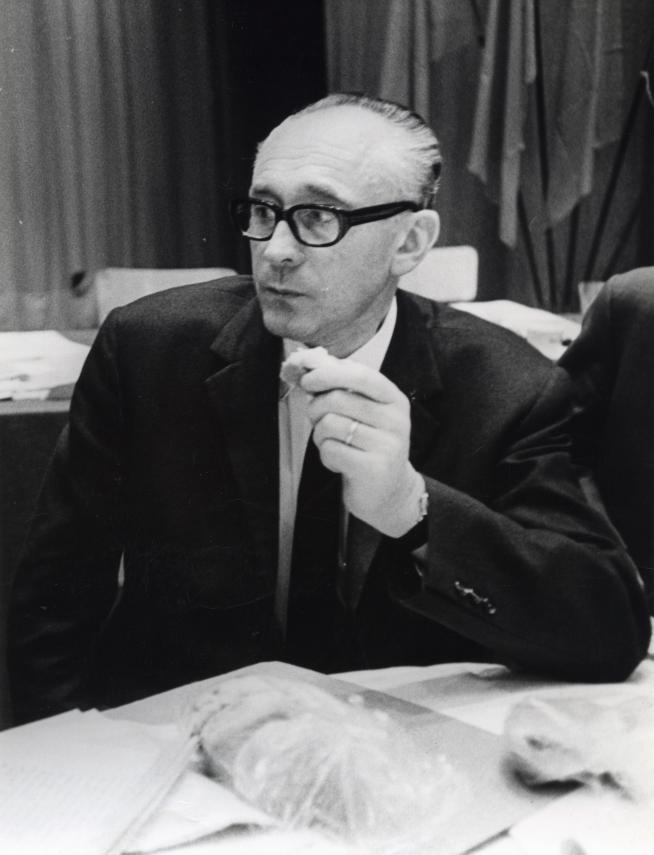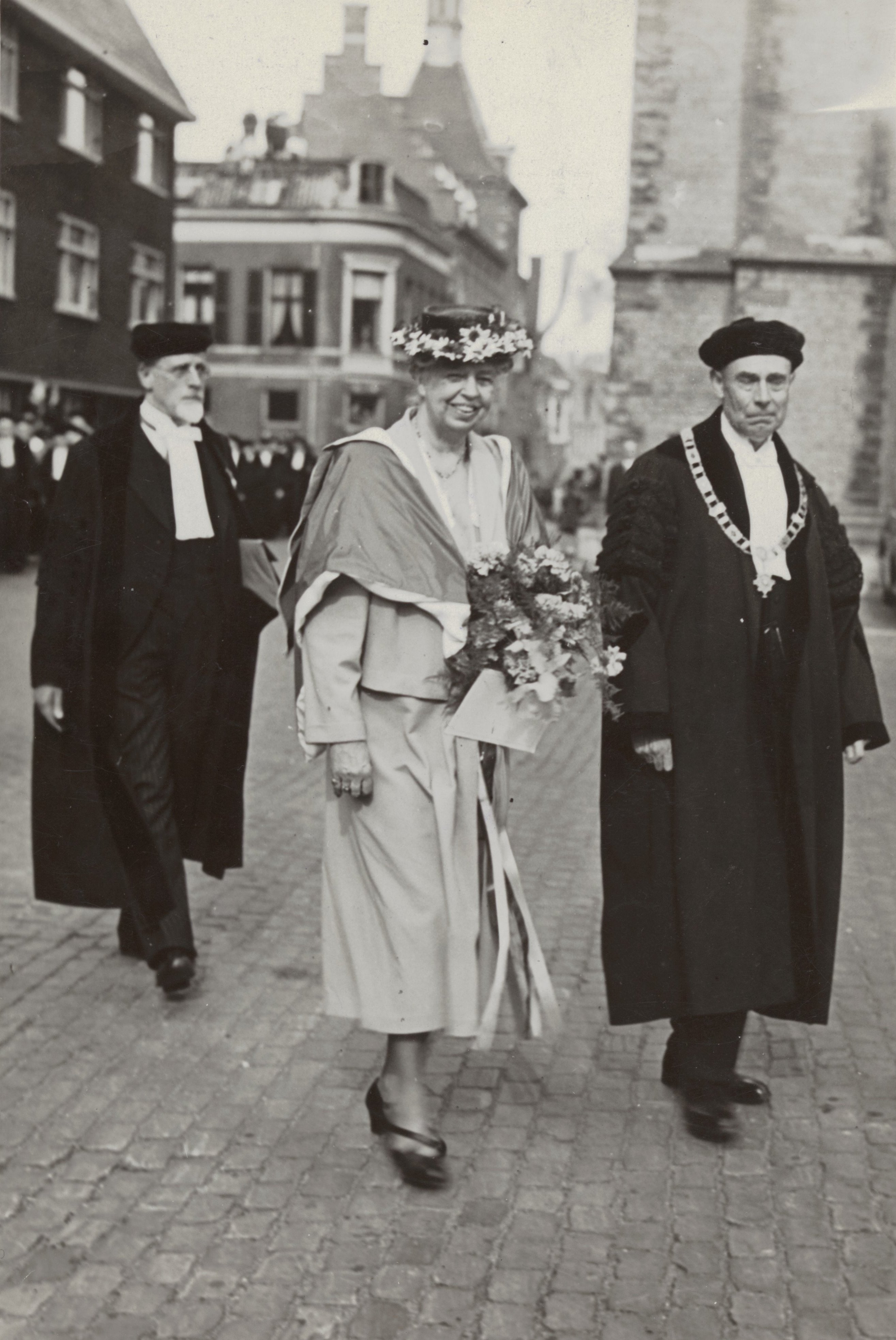|
Systems Medicine
Systems medicine is an interdisciplinary field of study that looks at the systems of the human body as part of an integrated whole, incorporating biochemical, physiological, and environment interactions. Systems medicine draws on systems science and systems biology, and considers complex interactions within the human body in light of a patient's genomics, behavior and environment. The earliest uses of the term ''systems medicine'' appeared in 1992, in an article on systems medicine and pharmacology by T. Kamada. An important topic in systems medicine and systems biomedicine is the development of computational models that describe disease progression and the effect of therapeutic interventions. More recent approaches include the redefinition of disease phenotypes based on common mechanisms rather than symptoms. These provide then therapeutic targets including network pharmacology and drug repurposing. Since 2018, there is a dedicated scientific journal, ''Systems Medicine''. ... [...More Info...] [...Related Items...] OR: [Wikipedia] [Google] [Baidu] |
Sensitivity Analysis
Sensitivity analysis is the study of how the uncertainty in the output of a mathematical model or system (numerical or otherwise) can be divided and allocated to different sources of uncertainty in its inputs. A related practice is uncertainty analysis, which has a greater focus on uncertainty quantification and propagation of uncertainty; ideally, uncertainty and sensitivity analysis should be run in tandem. The process of recalculating outcomes under alternative assumptions to determine the impact of a variable under sensitivity analysis can be useful for a range of purposes, including: * Testing the robustness of the results of a model or system in the presence of uncertainty. * Increased understanding of the relationships between input and output variables in a system or model. * Uncertainty reduction, through the identification of model input that cause significant uncertainty in the output and should therefore be the focus of attention in order to increase robustness (perhap ... [...More Info...] [...Related Items...] OR: [Wikipedia] [Google] [Baidu] |
Weizmann Institute Of Science
The Weizmann Institute of Science ( he, מכון ויצמן למדע ''Machon Vaitzman LeMada'') is a public research university in Rehovot, Israel, established in 1934, 14 years before the State of Israel. It differs from other Israeli universities in that it offers only postgraduate degrees in the natural and exact sciences. It is a multidisciplinary research center, with around 3,800 scientists, postdoctoral fellows, Ph.D. and M.Sc. students, and scientific, technical, and administrative staff working at the institute. As of 2019, six Nobel laureates and three Turing Award winners have been associated with the Weizmann Institute of Science. History Founded in 1934 by Chaim Weizmann and his first team, among them Benjamin M. Bloch, as the Daniel Sieff Research Institute. Weizmann had offered the post of director to Nobel Prize laureate Fritz Haber, but took over the directorship himself after Haber's death en route to Palestine. Before he became President of the State o ... [...More Info...] [...Related Items...] OR: [Wikipedia] [Google] [Baidu] |
Maastricht University
Maastricht University (abbreviated as UM; nl, Universiteit Maastricht) is a public research university in Maastricht, Netherlands. Founded in 1976, it is the second youngest of the thirteen Dutch universities. In 2021, 22,383 students studied at Maastricht University, 56% of whom were foreign students, with over 4,000 employees. About half of the bachelor's programmes are fully offered in English, while the other half is taught wholly or partly in Dutch. Most of the master's and doctoral programmes are in English. Besides traditional programmes, Maastricht University also has three honours liberal arts colleges: University College Maastricht and the Maastricht Science Programme in the same liberal arts tradition. The satellite University College Venlo opened in 2015. Maastricht University regularly ranks as one of Europe's leading universities. The university has been placed in the top 300 universities in the world by five major ranking tables. Maastricht University was at 88th ... [...More Info...] [...Related Items...] OR: [Wikipedia] [Google] [Baidu] |
University Medical Center Utrecht
The University Medical Center Utrecht (UMCU; Dutch: ''Universitair Medisch Centrum Utrecht'') is the main hospital of the city of Utrecht, Netherlands. It is affiliated with the Utrecht University. Since the foundation of the university in 1636 an academic hospital has existed in various forms. Nowadays the UMC Utrecht comprises the academic hospital, the faculty of Medicine as well as the Wilhelmina Children's hospital. In total approximately 10,000 people work at the UMCU including medical staff, nursing staff, residents, support personnel and researchers, making it one of the largest hospitals in the Netherlands. __TOC__ Special units * Neurosurgery * Cardiothoracic surgery *Radiation oncology unit * Neonatal and pediatric surgery and intensive care * Pediatric oncology * Level I trauma center Adjacent to the UMCU lies the Central Military Hospital, or CMH, for military personnel. The UMCU also features a Major Incident Hospital (Dutch: ''Calamiteitenhospitaal''). This faci ... [...More Info...] [...Related Items...] OR: [Wikipedia] [Google] [Baidu] |
Utrecht University
Utrecht University (UU; nl, Universiteit Utrecht, formerly ''Rijksuniversiteit Utrecht'') is a public research university in Utrecht, Netherlands. Established , it is one of the oldest universities in the Netherlands. In 2018, it had an enrollment of 31,801 students, and employed 7,191 faculty and staff. In 2018, 525 PhD degrees were awarded and 6,948 scientific articles were published. The 2018 budget of the university was €857 million. Utrecht University counts a number of distinguished scholars among its alumni and faculty, including 12 Nobel Prize laureates and 13 Spinoza Prize laureates. Utrecht University has been placed consistently in the top 100 universities in the world by prominent international ranking tables. The university is ranked as the best university in the Netherlands by the Shanghai Ranking of World Universities 2022, ranked 14th in Europe and 54th in the world. The university's motto is "Sol Iustitiae Illustra Nos", which means ''May the Sun of Righteous ... [...More Info...] [...Related Items...] OR: [Wikipedia] [Google] [Baidu] |
Helmholtz Association Of German Research Centres
The Helmholtz Association of German Research Centres (german: Helmholtz-Gemeinschaft Deutscher Forschungszentren) is the largest scientific organisation in Germany. It is a union of 18 scientific-technical and biological-medical research centers. The official mission of the Association is "solving the grand challenges of science, society and industry". Scientists at Helmholtz therefore focus research on complex systems which affect human life and the environment. The namesake of the association is the German physiologist and physicist Hermann von Helmholtz.Helmholtz Association - About Us retrieved 24-May-2012. The annual budget of the Helmholtz Association amounts to €4.56 billion, of which about 72% is raised from public funds. The remaining 28% of the budget is acquired by the 19 individual Helmholtz Centres in the form ... [...More Info...] [...Related Items...] OR: [Wikipedia] [Google] [Baidu] |
Ruedi Aebersold
Rudolf Aebersold (better known as Ruedi Aebersold born September 12, 1954 ) is a Swiss biologist, regarded as a pioneer in the fields of proteomics and systems biology. He has primarily researched techniques for measuring proteins in complex samples, in many cases via mass spectrometry. Ruedi Aebersold is a professor of Systems biology at the Institute of Molecular Systems Biology (IMSB) in ETH Zurich. He was one of the founders of the Institute for Systems Biology in Seattle, Washington, where he previously had a research group. Ruedi Aebersold is known for the development and application of targeted proteomics techniques in the field of biomedical research, in order to understand the function, interaction and localization of each protein in the cell and its changes in disease states. To this end, Ruedi Abersold has made significant contributions in the development and application of targeted proteomics methods, including selected reaction monitoring and data-independent acquisi ... [...More Info...] [...Related Items...] OR: [Wikipedia] [Google] [Baidu] |
Alan Aderem
Alan Aderem is an American biologist, specializing in immunology and cell biology. Aderem's particular focus is the innate immune system, the part of the immune system that responds generically to pathogens. His laboratory's research focuses on diseases afflicting citizens of resource poor countries, including AIDS, malaria, tuberculosis and influenza. Education A native of South Africa, Aderem joined the anti-apartheid movement as a teen in South Africa. He played a role in trade unions and community movements, and edited a township newspaper. Aderem was banned and put under house arrest for 5 years from 1977 to 1982. He was also a clandestine member of the African National Congress (ANC). He left South Africa in 1982. Aderem obtained his Ph.D. at the University of Cape Town and completed a postdoctoral fellowship at The Rockefeller University in the laboratory of Zanvil Cohn. Aderem became head of the laboratory of Signal Transduction in 1991. In 1996, he accepted a pro ... [...More Info...] [...Related Items...] OR: [Wikipedia] [Google] [Baidu] |
Leroy Hood
Leroy "Lee" Edward Hood (born October 10, 1938) is an American biologist who has served on the faculties at the California Institute of Technology (Caltech) and the University of Washington. Hood has developed ground-breaking scientific instruments which made possible major advances in the biological sciences and the medical sciences. These include the first gas phase protein sequencer (1982), for determining the sequence of amino acids in a given protein; a DNA synthesizer (1983), to synthesize short sections of DNA; a peptide synthesizer (1984), to combine amino acids into longer peptides and short proteins; the first automated DNA sequencer (1986), to identify the order of nucleotides in DNA; ink-jet oligonucleotide technology for synthesizing DNA and nanostring technology for analyzing single molecules of DNA and RNA. The protein sequencer, DNA synthesizer, peptide synthesizer, and DNA sequencer were commercialized through Applied Biosystems, Inc. and the ink-jet tec ... [...More Info...] [...Related Items...] OR: [Wikipedia] [Google] [Baidu] |
Institute For Systems Biology
Institute for Systems Biology (ISB) is a non-profit research institution located in Seattle, Washington, United States. ISB concentrates on systems biology, the study of relationships and interactions between various parts of biological systems, and advocates an interdisciplinary approach to biological research. Goals Systems biology is the study of biological systems in a holistic manner by integrating data at all levels of the biological information hierarchy, from global down to the individual organism, and below down to the molecular level. The vision of ISB is to integrate these concepts using a cross-disciplinary approach combining the efforts of biologists, chemists, computer scientists, engineers, mathematicians, physicists, and physicians. On its website, ISB has defined four areas of focus: * P4 Medicine - This acronym refers to predictive, preventive, personalized and participatory medicine, which focuses on wellness rather than mere treatment of disease. * Global Hea ... [...More Info...] [...Related Items...] OR: [Wikipedia] [Google] [Baidu] |
Eindhoven University Of Technology
The Eindhoven University of Technology ( nl, Technische Universiteit Eindhoven), abbr. TU/e, is a public technical university in the Netherlands, located in the city of Eindhoven. In 2020–21, around 14,000 students were enrolled in its BSc and MSc programs and around 1350 students were enrolled in its PhD and PDEng programs. In 2021, the TU/e employed around 3900 people. Eindhoven University of Technology has been ranked in the top 200 universities in three major ranking systems. The 2019 QS World University Rankings place Eindhoven 99th in the world, 34th in Europe, and 3rd in the Netherlands. TU/e is the Dutch member of thEuroTech Universities Alliance a strategic partnership of universities of science & technology in Europe: Technical University of Denmark (DTU), École Polytechnique Fédérale de Lausanne (EPFL), École Polytechnique (L’X), The Technion, Eindhoven University of Technology (TU/e), and Technical University of Munich (TUM). History The Eindhoven Uni ... [...More Info...] [...Related Items...] OR: [Wikipedia] [Google] [Baidu] |








